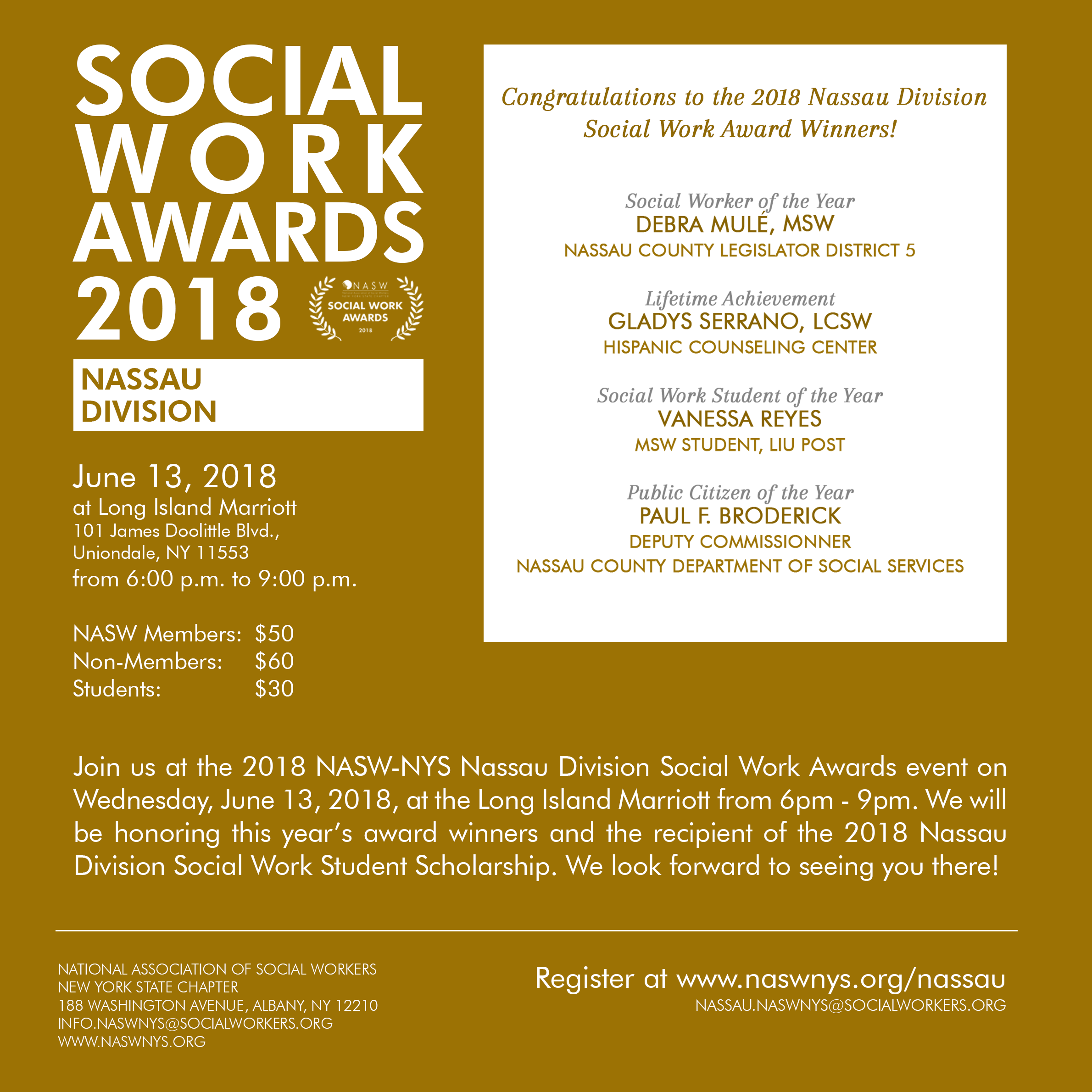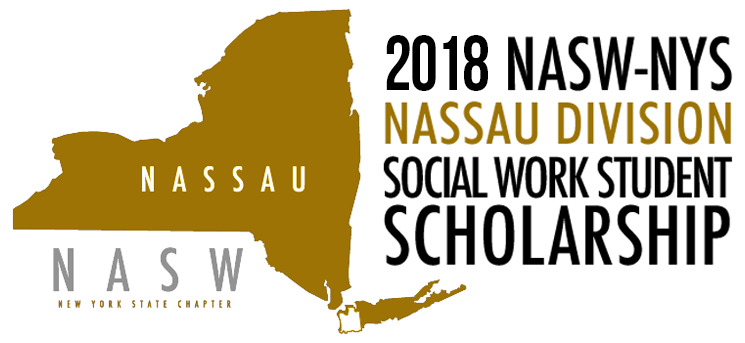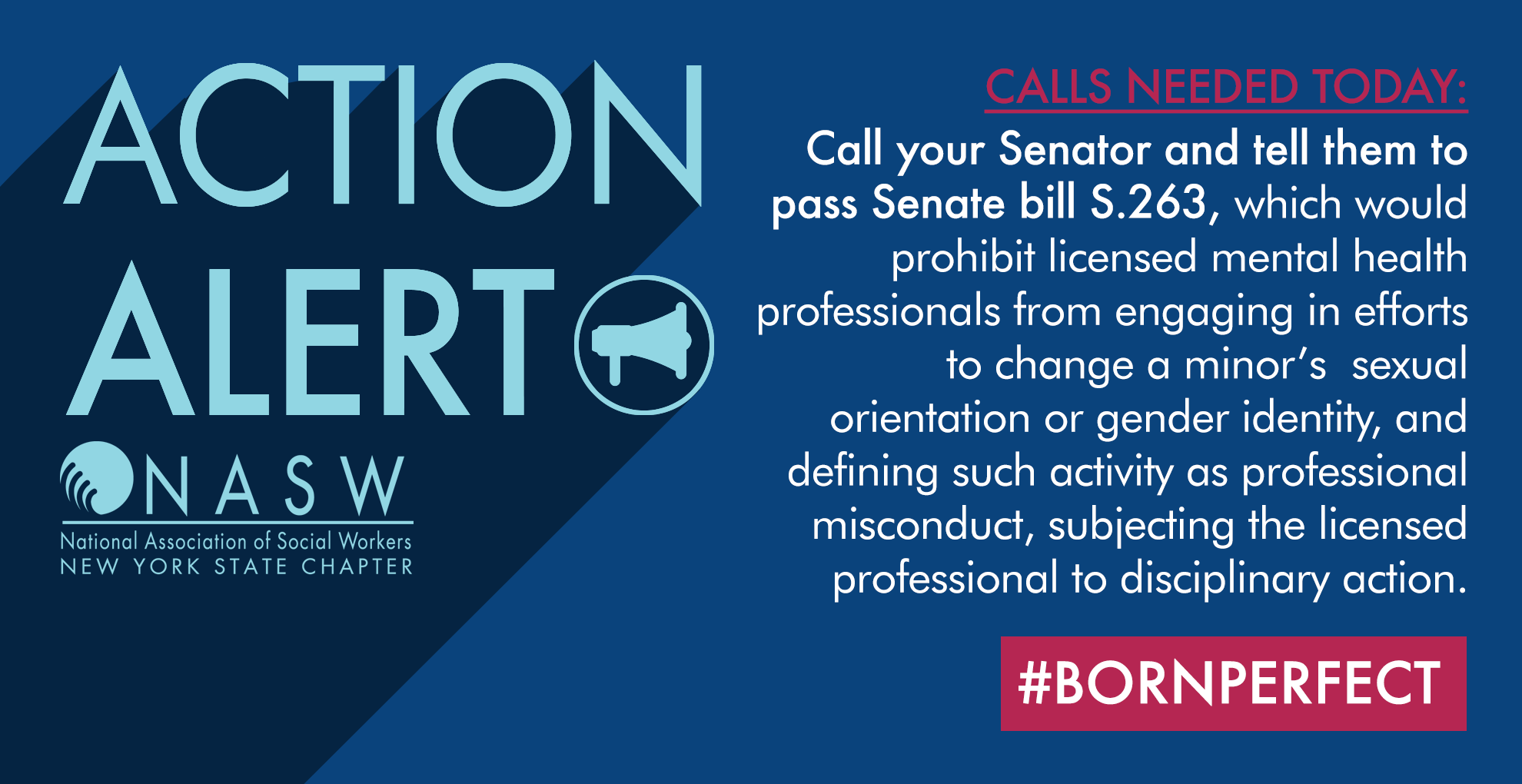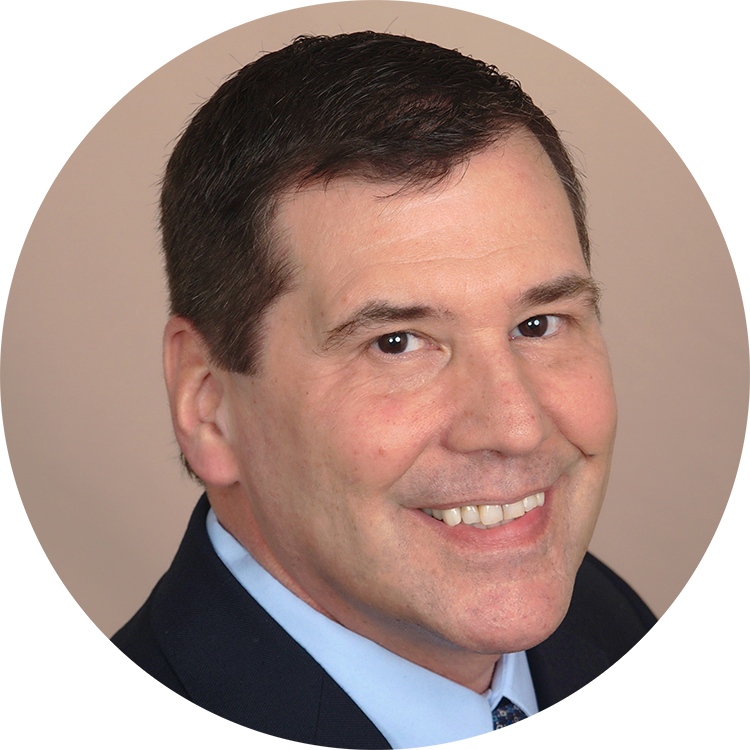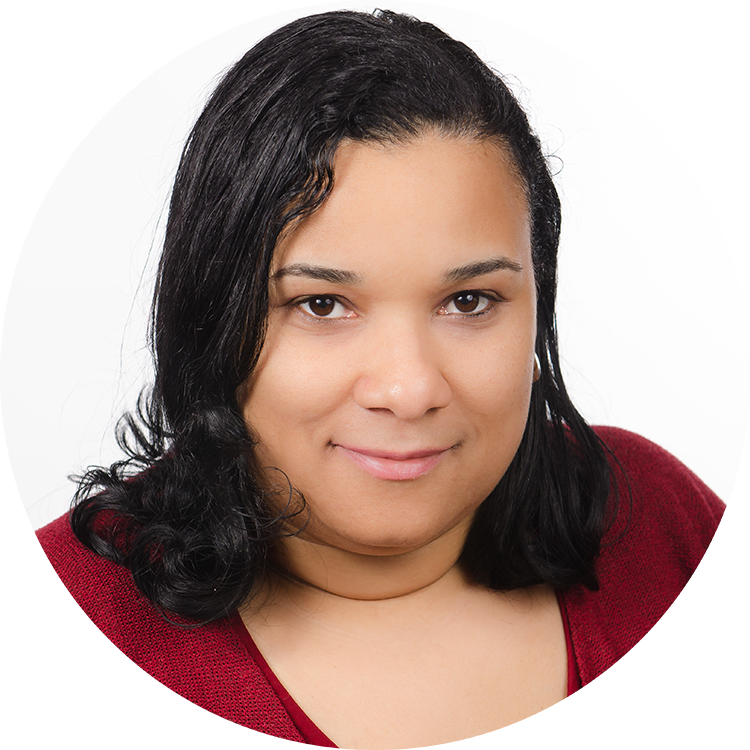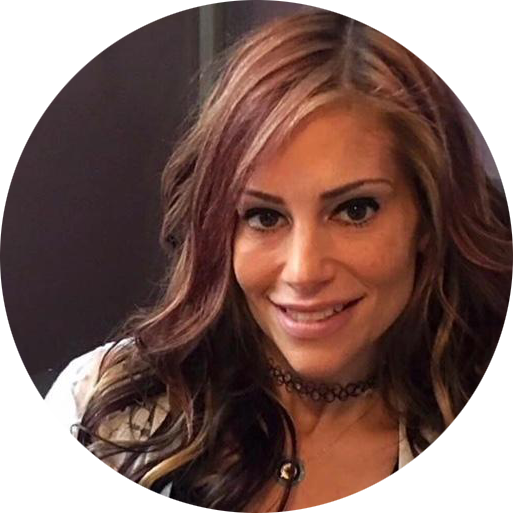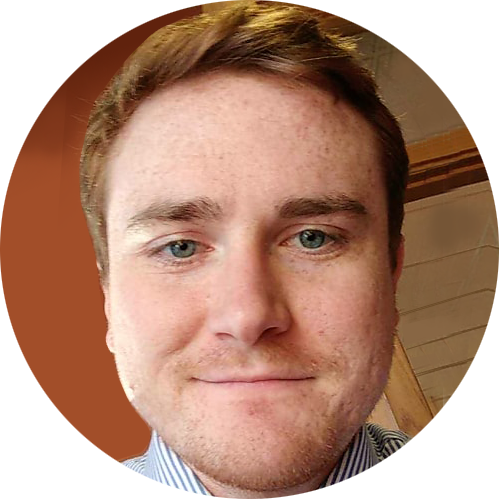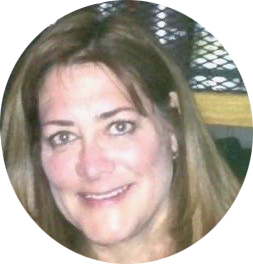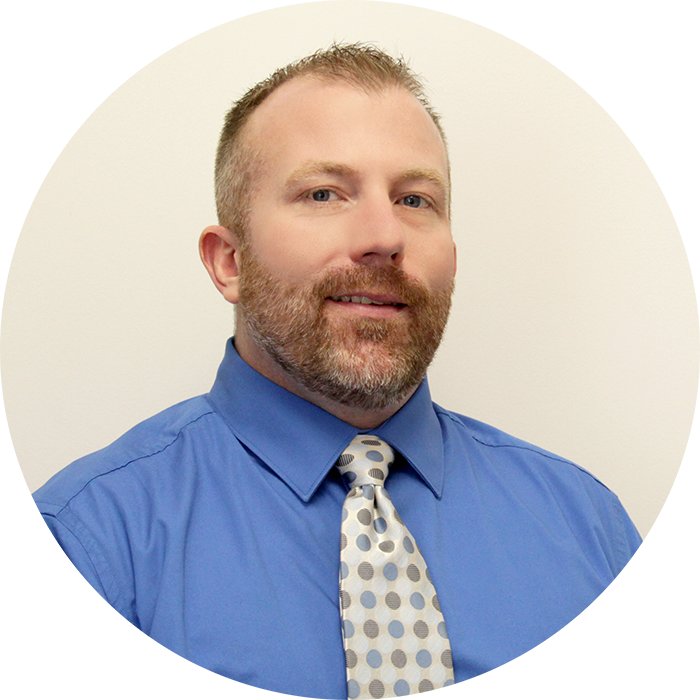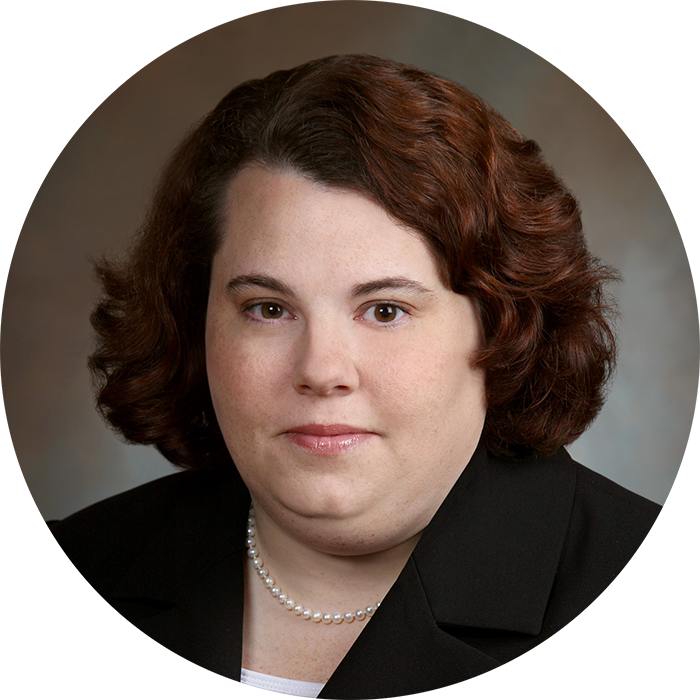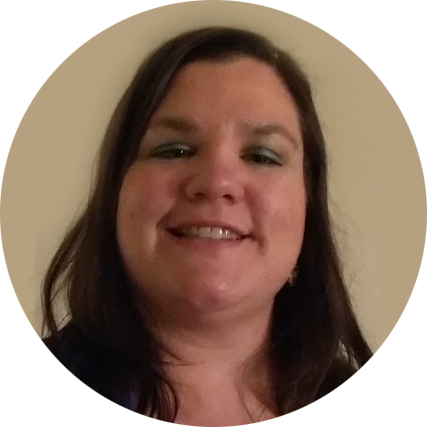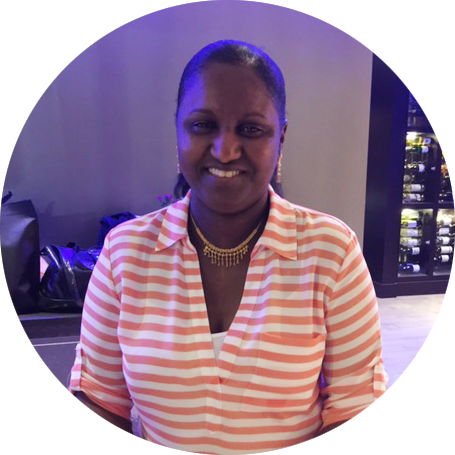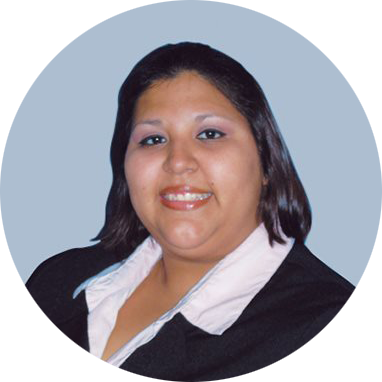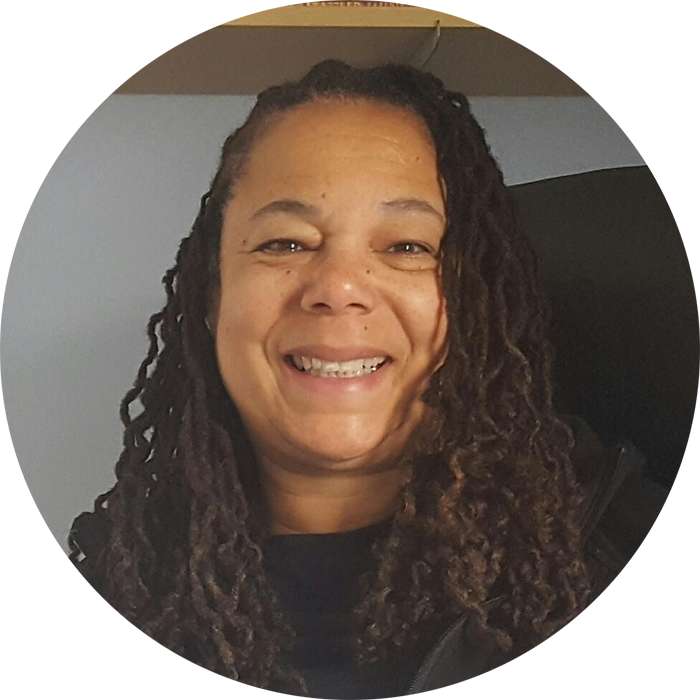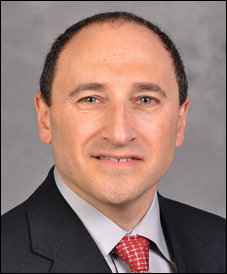FOR IMMEDIATE RELEASE
Media Contact:
Kania Ponto, MSW
518-463-4741 ext 22
kponto.naswnys@socialworkers.org
NYS SOCIAL WORKERS AND STATE LEGISLATORS UNITE AT THE CAPITOL IN FINAL PUSH TO BAN CONVERSION THERAPY
Social Workers Rally to Call for End of Discredited Practice
(Wednesday, April 25, 2018, ALBANY, NY) – Social workers and social work students from across New York State gathered in Albany today to call on the NYS legislature to pass legislation (A.3977/S.263) that would prohibit mental health professionals from practicing conversion therapy with patients under the age of 18 for the purpose of changing their sexual orientation or gender identity.
Sponsored by the National Association of Social Workers – New York State Chapter, the New York State Association of Deans of Schools of Social Work, and the New York State Social Work Education Association, the rally to ban conversion therapy began at 10:15 AM at the Million Dollar Staircase, with remarks delivered by leaders of the social work community, elected officials including Senator Brad Hoylman, sponsor of NYS bill S.263, Assemblymember Deborah Glick, sponsor of NYS bill A.3977, Assistant Speaker of the Assembly Felix W. Ortiz, and Mathew Shurka, a leading advocate against conversion therapy who has personal experience.
“Conversion therapy is extremely detrimental to the mental health and well-being of LGBT individuals, especially LGBT youth. It has been known to cause depression, anxiety, self-destructive behavior, and suicidal ideation. We must stop this inhumane practice from harming our state’s LGBT children and young adults,” said State Senator Brad Hoylman.
“Conversion therapy has been rejected by mental health associations throughout NYS,” said Assemblymember Glick, “It is a dangerous and discredited practice that damages young lives by increasing the chances for depression and suicide and must be banned.”
“The attacks coming from the White House denying dignity and equality for all Americans have heightened the spate of hate speech, bullying, and outright discrimination in our communities and schools. Fear doesn’t change people from gay to straight. It harms everyone,” said Assistant Speaker of the Assembly Félix W. Ortiz.
Conversion therapy, also known as “reparative therapy,” has never been proven effective by any scientific or empirical evidence and has been widely discredited by many mainstream and mental health organizations. But despite warnings of the practice’s lifelong detrimental consequences, including increased risk of depression, suicidal ideation, and substance abuse, there are practitioners who still conduct this outdated therapy and social workers continue to encounter individuals who have been forcefully subjected to these emotionally scarring interventions.
In a recent study, the Williams Institute at UCLA School of Law estimated 20,000 LGTB youths from ages 13 to 17 will undergo conversion therapy from a licensed mental health professional before the age of 18. The same study also found that approximately 698,000 LGBT adults in the U.S have received conversion therapy at some point in their lives, including about 350,000 who received it as adolescents.[1]
Mathew Shurka, a national advocate and Advisory Committee Member for National Center for Lesbian Rights’ Born Perfect campaign to end so-called “conversion therapy,” said, “For five years, psychotherapists and other licensed professionals attempted to cure my homosexuality. I was kept estranged from my mother from age 16-19 to ensure that I would not learn effeminate behavior. I was told my attractions were a disease. I spent my adolescence believing that I was disabled and that I was never going to live a ‘normal’ life. I’m only one of out of thousands of conversion therapy survivors that has been able to speak out against this practice, which has had long-term devastating consequences that have taken many, including myself, years to overcome. A recent study estimates that 77,000 more minors will endure so-called conversion therapy in states where it has not been restricted, including New York. I am proud to stand here today and rally alongside social work students across the state to urge New York to become the next state to prohibit so-called ‘conversion therapy’ for minors.”
In February 2016, Governor Andrew M. Cuomo announced a series of regulations to prohibit the coverage by both private and public health insurers from covering the practice of so-called ‘conversion therapy’ on minors, but New York has yet to enact an outright ban of the practice by providers in the state. To date, six states, including California, Illinois, New Mexico, New Jersey, Oregon, Vermont, and Washington D.C., have enacted laws or regulations to protect minors from being subjected to conversion therapy by state-licensed mental health providers.
“NASW-NYS has long condemned the use of conversion therapy. The philosophy behind reparative therapies are anathema to the NASW Code of Ethics, oppress people in the LGBTQ community, and represent a practice abhorred by the mental health profession,” said Samantha Howell, Esq., Executive Director of the National Association of Social Workers – New York State Chapter. “By making conversion therapy illegal, we are removing any possibility of legitimizing this scientifically discredited and dangerous practice, as well as putting an end to perpetuating the false message that identities that do not subscribe to cis-normative and heteronormative standards are a problem that need to be fixed – or worse, erased.”
Today, social workers are calling on New York to take the next step and pass legislation (A.3977/S.263) that prohibits licensed mental health professionals from engaging in efforts to change a minor’s sexual orientation, and defines such activity as professional misconduct, subjecting the licensed professional to disciplinary action. While the bill has passed in the NYS Assembly for several years in a row, it continues to face hurdles in the upper house.
# # #
About 2018 Legislative Education and Advocacy Day (LEAD)
The Legislative Education and Advocacy Day is a legislative event hosted annually by the National Association of Social Workers – New York State (NASW-NYS) Chapter, the New York State Social Work Education Association (NYSSWEA), and the New York State Association of the Deans of Schools of Social Work, that brings hundreds of social work students and professionals to the Capitol. The goal of this event is to further social workers’ knowledge about policy issues in substantive areas of social work practice, teach participants about legislative advocacy, and provide an opportunity for social workers to lobby on behalf of specific legislation.
[1] Christy Mallory, Taylor N.T. Brown, and Keith J. Conron, “Conversion Therapy and LGTBQ Youth”, The Williams Institute, UCLA School of Law, January 2018 https://williamsinstitute.law.ucla.edu/wp-content/uploads/Conversion-Therapy-LGBT-Youth-Jan-2018.pdf (accessed March 19, 2018)
